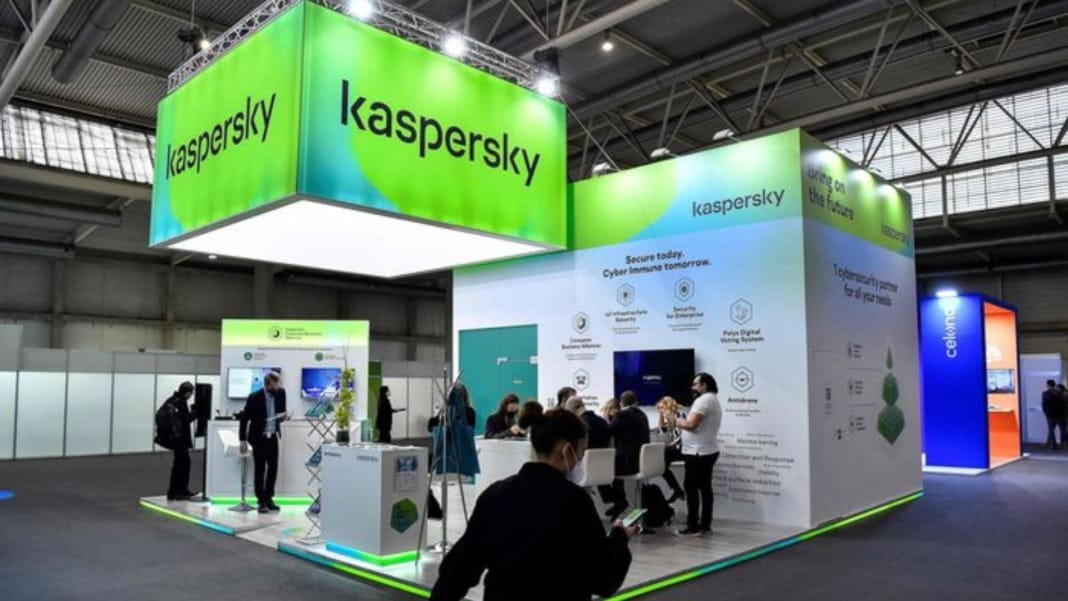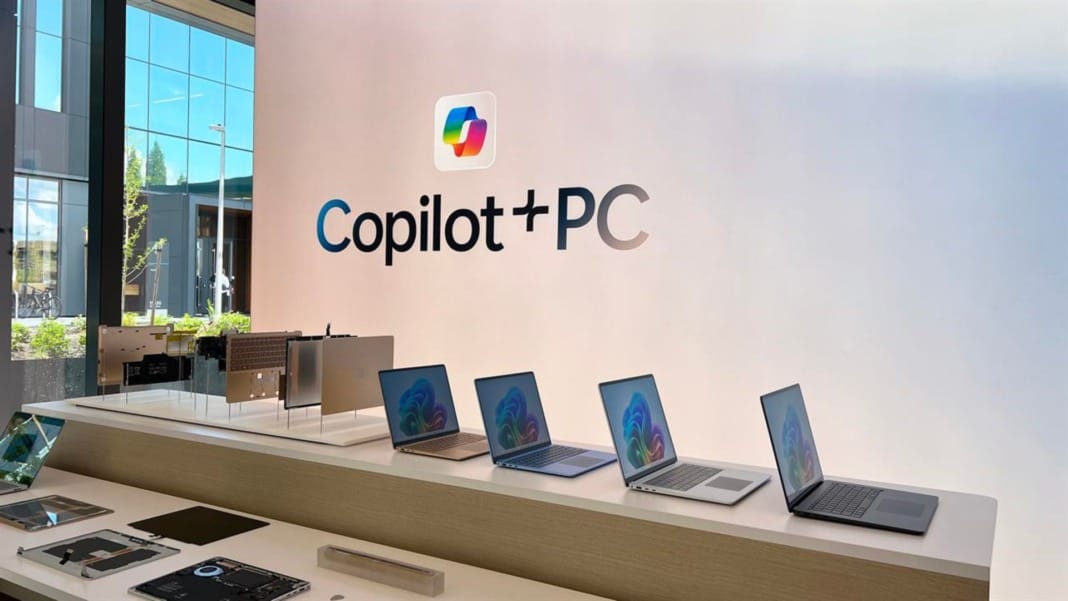According to Reuters, the Biden administration plans to ban Kaspersky Lab’s antivirus software in the United States due to national security concerns.
National security risk
Sources have revealed that Kaspersky’s close ties to the Russian government pose significant risks to US national security. There are fears that the company could allow the Russian government to access sensitive information, install malware, or withhold necessary updates from American computers.
The Biden administration is expected to announce the ban on Thursday. Once the restrictions are published, Kaspersky will have 30 days before it is banned from conducting new business in the US. This ban will also prohibit downloading software updates, resales, and licensing of antivirus software.
Businesses currently using Kaspersky’s software must find alternatives within 100 days after the announcement by September 29. The authority to impose this ban stems from powers established during the Trump administration, although it is unclear which specific powers are being utilised.
Investigations and government warnings
The ban follows a two-year investigation into Kaspersky by the Department of Commerce, which began in 2022. After Russia invaded Ukraine, the federal government cautioned some companies about the potential manipulation of Kaspersky software by the Russian government, prompting the Commerce Department to intensify its investigation.
Despite these national security concerns, Kaspersky’s antivirus software has received positive reviews for its effectiveness. PCMag praised the software’s performance but stopped recommending it in 2022 due to increasing criticism and rebuke from US government agencies, foreign agencies, and informed third parties.
Long-standing concerns
Concerns about Kaspersky’s ties to the Russian government are not new. In 2017, the Department of Homeland Security prohibited federal agencies from using the software. This decision was based on Russian laws that allow intelligence agencies to compel assistance from companies like Kaspersky and intercept certain communications.
The Biden administration’s ban represents the latest move in an ongoing effort to protect US national security from potential foreign threats.





